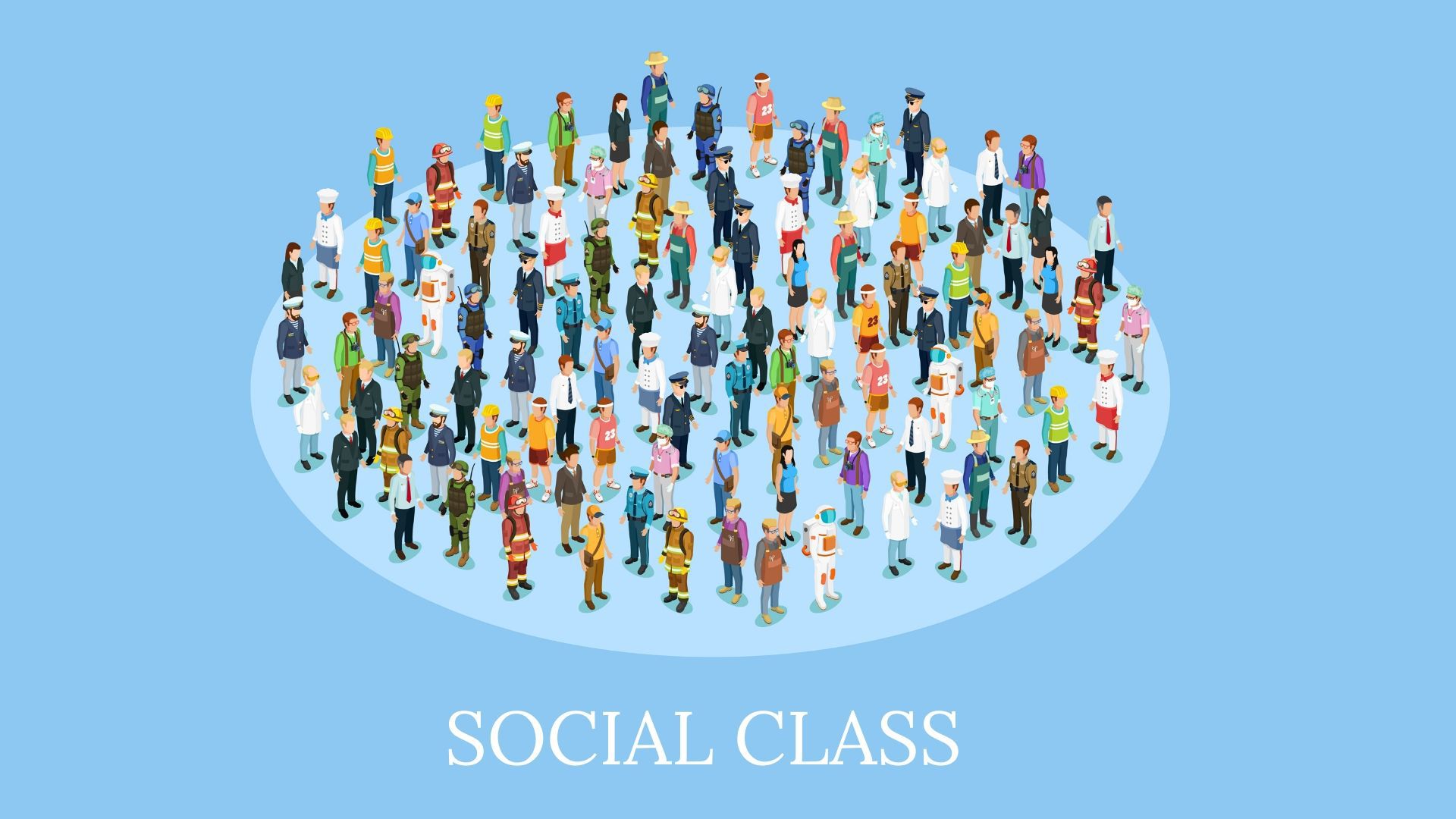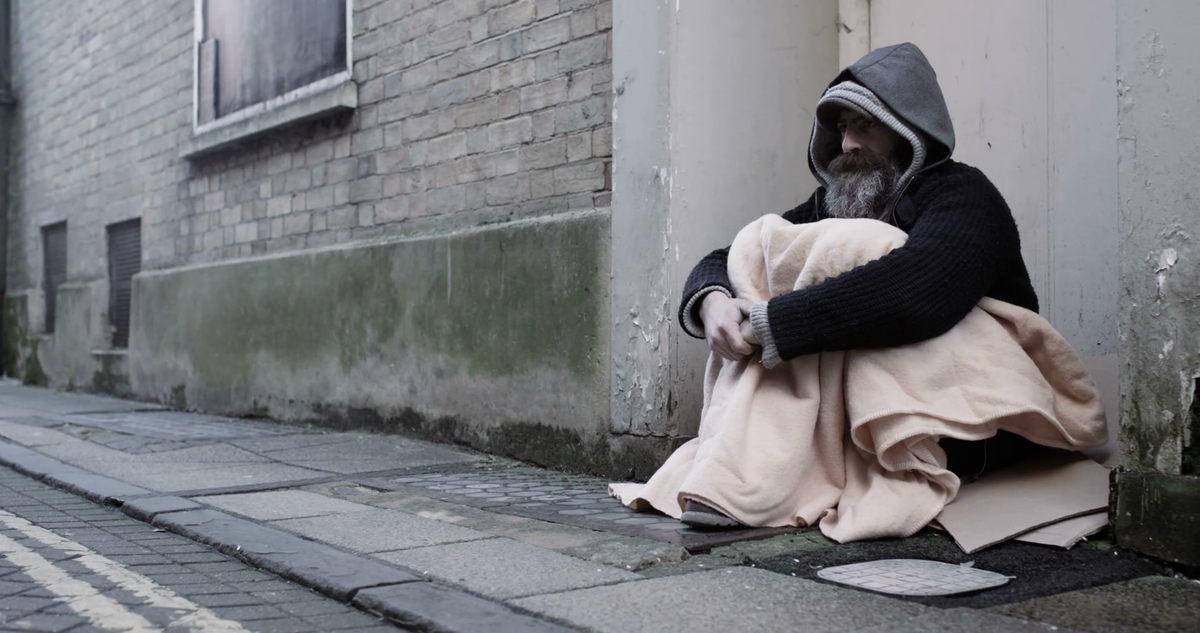The Defining Of The Social Class

The Defining Of The Social Class
In this article I will start by characterizing what social class is as delineated in the collins social work word reference. I will take a gander at the manner in which class can impact the existence chances of an individual in Britain today. I will take a gander at what the force and weakness of each class can mean for the capacity of somebody to control their lives and access the assets inside our general public.
I will talk about the various philosophies encompassing class and feature the contrasts between the existence chances appreciated or not by individuals from the distinctive social classes. I will contend that class has a critical effect on a person's life possibilities and attempt to help that contention with proof and information.

"Social class is regularly characterized either as a layer inside society dependent on an order of occupations or as a framework dependent on the dispersion and responsibility for in the public eye".
Social class can be characterized as a various leveled request of individuals (A layered framework with one class over another) inside a general public, in light of their monetary, social standards or work status. Social class is frequently talked about in the conditions of social separation, this alludes to the various levels that gatherings of individuals believe themselves to be essential for or where society in its overall term believes the person to be. Definition on this page is a term acquired from topography (the investigation of rocks) that depicts the cycle where layers of rocks are framed one over the other, these are alluded to as layers. In the present society layers are the classes.
In the medieval times there was what was known as the bequest framework ( otherwise called the feudalism) the rulers being at the highest point of the framework, then, at that point there were the respectable masters and underneath the rulers were the knights.The greater part of the populace were known as the workers and the serfs. Each of these were known as a bequest.
Homes were unique in relation to classes implying that individuals were naturally introduced to a home that they would remain. There was no friendly portability( no chance of going up or down).
Their position was attributed (naturally introduced to) to them following their introduction to the world.
In different societies distinctive social frameworks produced for instance in India a rank framework. This is the place where individuals had faith in resurrection (brought back to life) the ones at the lower part of the standing framework acknowledged this. Their religion and conviction made them believe that they had the right to be there and it was alright for others to find them and down. In trust they would be renewed into a higher position when they were resurrected, they would attempt to have better existences.
A more grounded type of separation was servitude. Bondage completely enslaved one gathering to the will and impulse of another even to the force of criticality. A slave proprietor killing a slave would not be thought to have submitted murder. This separated the slaves and the slave proprietors into altogether different gatherings as far as force. The proprietors of the slaves treated the slaves very badly.Slaves were purchased and sold constantly. Unfortunately bondage actually exists in certain pieces of the world.
All social orders have some type of framework that portrays its social design. In Britain today this construction depends on class. How the framework is characterized has been being talked about for a long time. Karl Marx (May 5, 1818 – March 14, 1883) a German logician, political business analyst, antiquarian, political scholar, Sociologist, socialist, and progressive) portrayed class as being partitioned into two principle gatherings; The gentry or bourgeoisie and the specialists or low class.
The bourgeoisie controlled the method for creation, plants normal assets or claimed the land. While the specialists or low class just had their work which they offered to bring in cash. Max Weber (1864-1920) A German old style social scientist, portrayed a four level social class framework, however he concurred with Marx that the primary division was between the Capitalist class who claimed the method for creation and the common who offered their work to the Capitalist class.

England's social design is most usually portrayed as a three layer framework, which is; the upper, center and lower class, albeit many would refine this model further by depicting themselves as one or the other upper or lower inside each class. The working class are composed of experts and instructed or profoundly talented individuals, while the privileged would be the gentry and those with force and impact.
Sociologists likewise depict an underclass that sits beneath the regular workers and is composed of the long term jobless or those with minimal shot at getting to the work market and who require benefits from the state to endure.
The Office for National Statistics who are an administration body liable for the focal assortment of all applicable public information utilize an eight layer arrangement of financial order going from NS-SEC1(National Statistics Socio Economic Classification) Higher administrative/proficient occupations to NS-SEC8 Never worked/long haul jobless. Successfully NS-SEC8 are the underclass.

Every one of the classes have a wide scope of social traditions and standards that further recognize their individuals and to which individuals feel family relationship with, for example, the kinds of diversion they appreciate, their perspectives and convictions or their method of discourse. Suppositions about a people class can be made by the manner in which they talk or dress.
"An Englishman's method of talking totally arranges him. The second he talks he makes some other Englishman detest him."
Class foundation has many effects on practically all spaces of people groups lives and impacts their life possibilities. life chances can be depicted as the advantages accessible inside a general public, or the assets that can improve our encounters, these can be a more extended future, better wellbeing, lower youngster mortality, better eating routine, higher occupation status, better lodging, more incessant and changed occasions, admittance to private or excellent schooling and from that a more noteworthy probability of instructive accomplishment. Just as class, nationality and sex influence life risks as well.
Sociologists have depicted a move as of late from regular workers into the working classes this has been because of a rising way of life and an increment in house buying.



